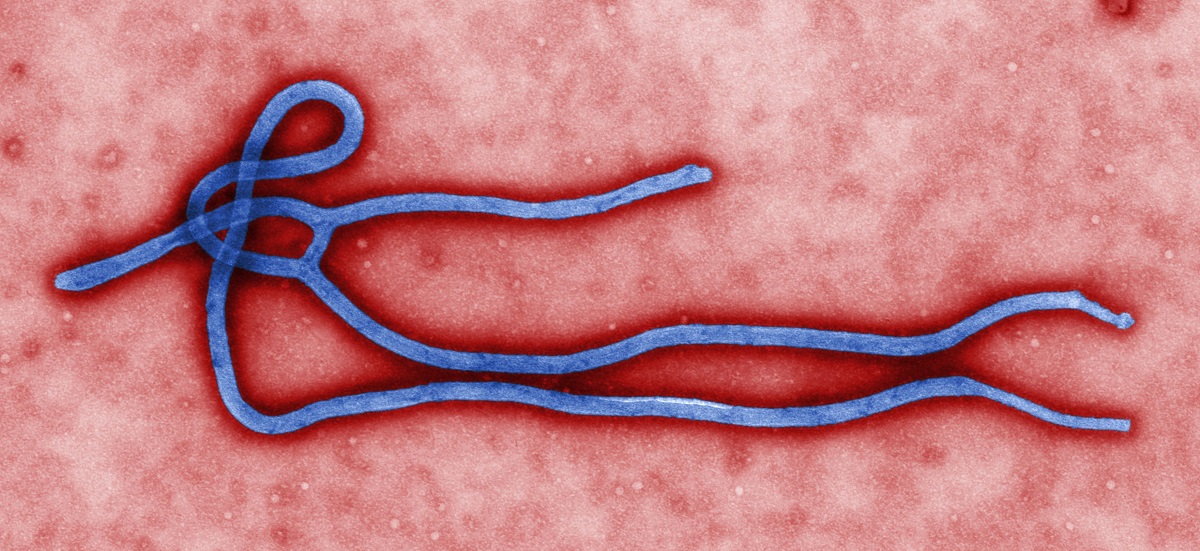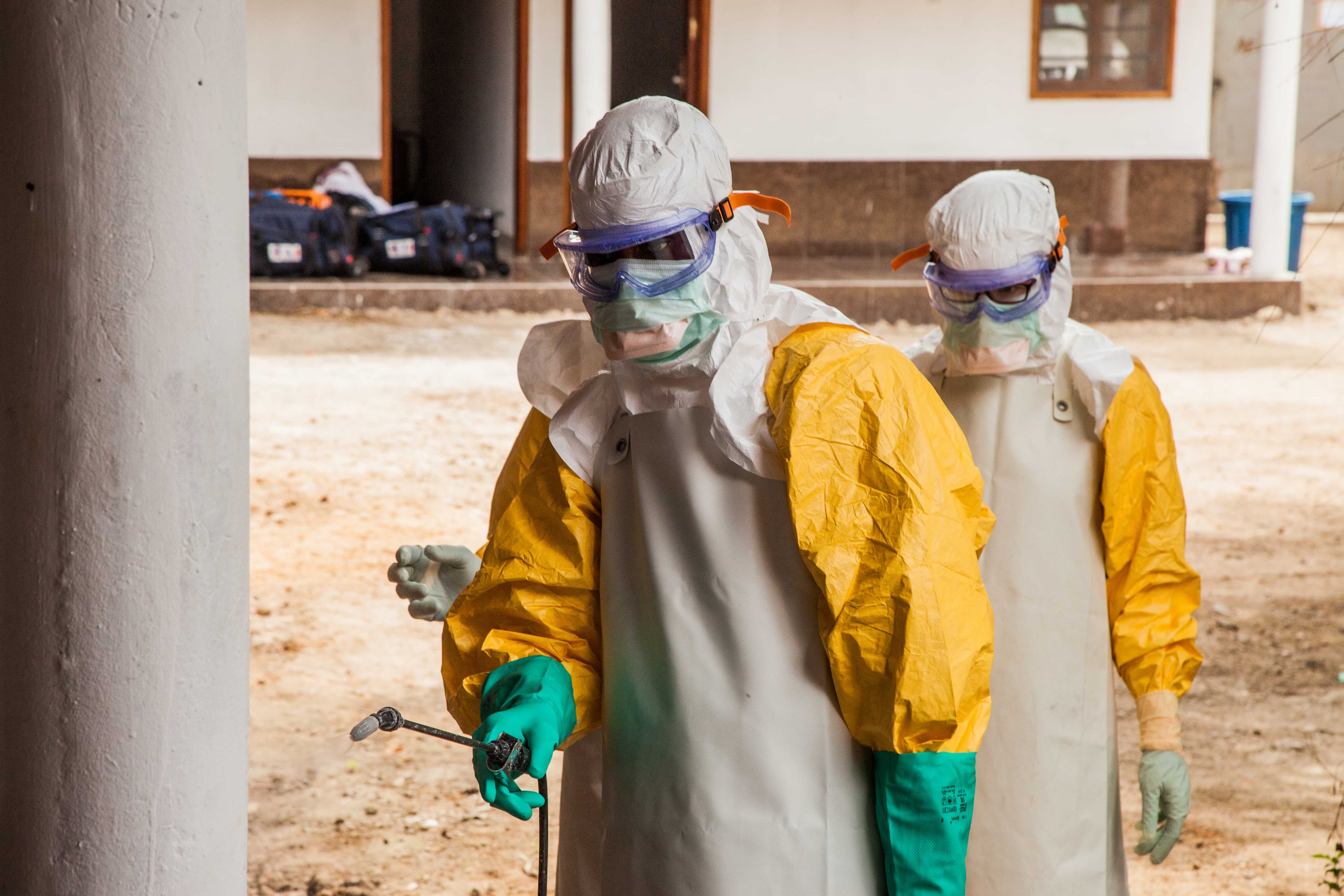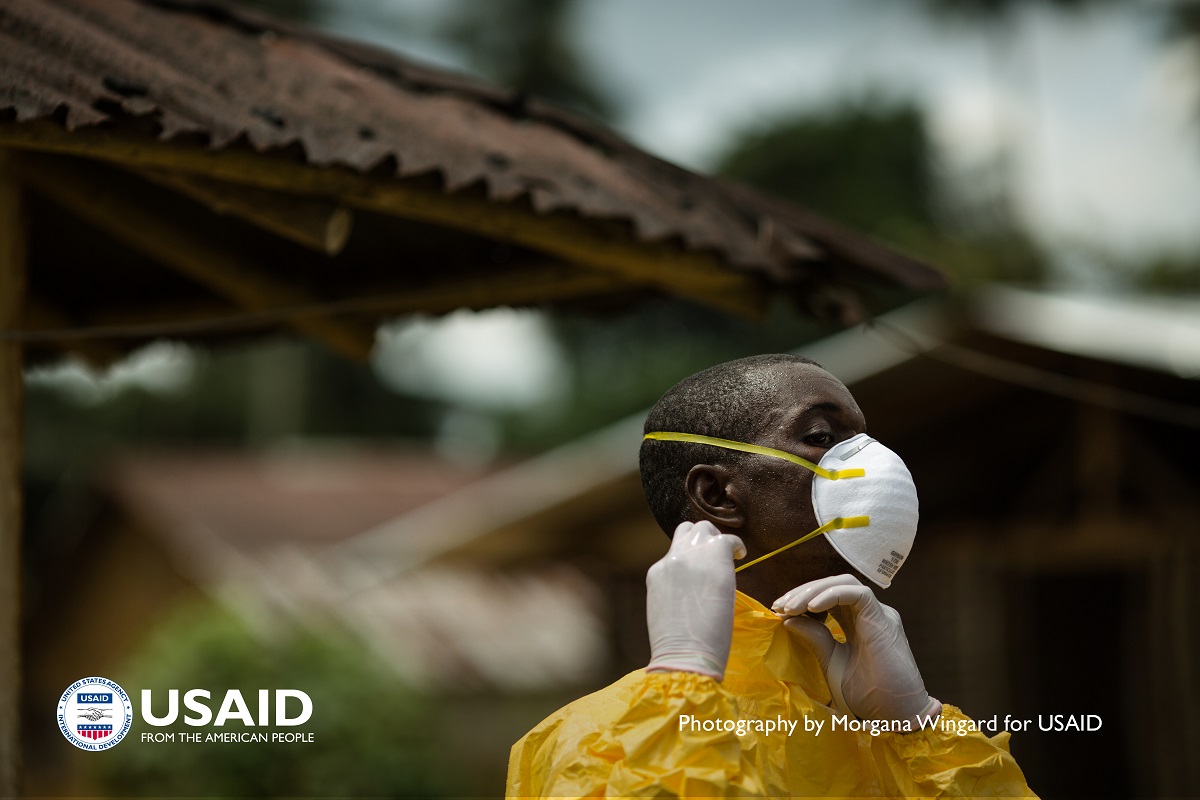More than six months into the worst Ebola outbreak in history, President Obama made the welcome announcement that the US would dramatically step up efforts and lead the global response to combat the deadly disease in West Africa. The response will tap the resources and expertise of the US military and will include deploying 3,000 military troops, establishing a military command center in Liberia dedicated to the response, and reprogramming more than $500 million in defense spending drawn from funds normally used for Afghanistan and other national security efforts. These resources will be used to build additional treatment units, train up to 500 health care providers per week and airlift 50,000 home health care kits from Denmark to Liberia to be hand-delivered to distant communities.
The US has taken other actions over the past six months, but resources and equipment haven’t reached Liberia and other affected countries quickly enough. Yesterday I blogged that we don’t have time to be training volunteers and contracting firms if we want to stop the disease, and said it’s time to call in the marines to accelerate the response. While I can’t take credit for the President’s announcement, I am glad to see he has taken action.
The need for a faster, more decisive response was dramatically spelled out for me recently in a letter I received from my colleague and friend Gyude Moore who works in the Office of the President in Liberia. Gyude described the terrible tragedy being lived in Liberia, illustrated the urgency for outside help, and concluded “we can't do this on our own. Not even on our best day.” The scaled-up effort from the US government means they won’t have to do it on their own. Hopefully, other countries will follow the United State's lead. The fight against Ebola is far from over but at least it’s beginning in earnest now.
With Gyude’s permission, I shared his letter here and have reposted it below.
All,
Thanks for all who've sent emails, Facebook messages and contacted me in other ways wishing us the best, sending us prayers and all manner of positive vibes. It's hell here.
Two days ago a lady with a 9-year old and a 6-month old passed. Her husband had died from the disease and she took care of him. She got sick and the 9-year old took care of her. Now she's dead and both children have Ebola. Seriously, how does one go to sleep with information like that?
This is Africa, still a VIP culture so if you got into a problem, you just call a "big man" you know. Some guy I know in passing contacted me yesterday. He was at an Ebola Treatment Unit and with his sister who was presenting all the classic Ebola symptoms. But the ETU was full - no beds. They had to take her home. She was symptomatic and therefore contagious. I couldn't help him. There were just no beds. In 21 days, there will be deaths in that home. So I go every day and try to see if we can speed up the ETUs. But even there we have problems. Were we to eventually scale up to 1000 beds, there's not enough medical staff (trained medical staff) to run these units and Ebola deaths are horrendous.
The WHO has one engineer here to design the treatment centers. For those who've seen my Facebook posts, you'll see the same guy in all the pictures. He has to travel great distances across town, in this god awful traffic from site to site. From the look of things we might get about 1500 beds in three weeks - but I am afraid that by then we'll need 3000 to 5000. Each Ebola victim has about 10 contacts. Nobody even wants to think about what would happen if we had 3 to 5 thousand confirmed cases.
How do we avoid the nightmare above? Isolation, isolation, isolation. We are sending sick people back home where they are a threat to their families and communities. And when people eventually die (corpses are like Ebola bombs exploding), they die at home where whole families become contaminated. Isolation doesn't simply break the transmission chain, it ensures that if the patient does pass away, it is in the controlled environment of a treatment center where he/she will not be able to infect others.
We need to build ETUs fast and bring in trained medical staff to handle them. While one appreciates the fear associated with the disease, it is important to note that, Medecins Sans Frontiers has over 400 beds of Ebola patients among Liberia, Guinea and Sierra Leone and has been running these since December last year. Not a single member of the staff - expat or local, medical or support - has gotten infected. There are infection control protocols. It can be done. But you need medical personnel. Before Ebola we had 1 doctor for every 100,000 persons. We have since lost 79 health care workers. We can't do this on our own. Not even on our best day.
We have sent letters to the US, Russia, Japan, Germany, Brazil, China, Canada, South Africa and Australia with this request:
Mr. President/Prime Minister, at the current rate of infections, only governments like yours have the resources and assets to deploy at the pace and scale required to arrest the spread. Branches of your military and civilian institutions already have the expertise in dealing with biohazards, infectious diseases and chemical agents. They already understand appropriate infection control protocols and we saw these assets deployed in Aceh after the tsunami and in Haiti after the earthquake. It is in appreciation of the difference in kind of disaster, that we requesting assistance from units with expertise in managing biohazards.
We need help. If we don't build at least 1000 beds in the next week and a half, we will be so far from shore in these uncharted waters, I struggle to imagine how we would return to land. Whatever you can do, whoever you know. We need help. We really do. We are running out of time.
Disclaimer
CGD blog posts reflect the views of the authors, drawing on prior research and experience in their areas of expertise. CGD is a nonpartisan, independent organization and does not take institutional positions.





